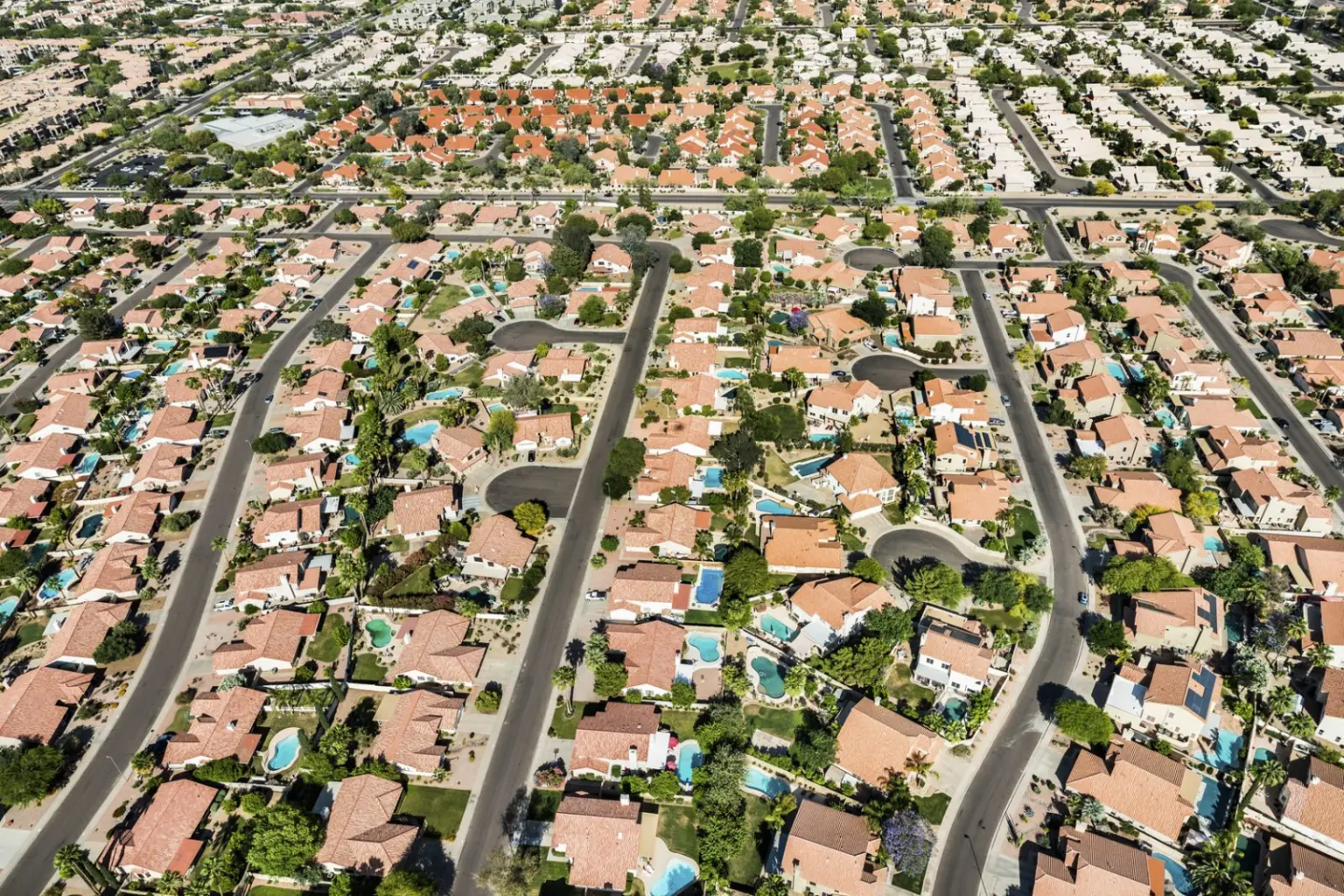Tips for Evaluating the Safety of a New Neighborhood
06/26/2018
Location is one of the most crucial considerations when searching for a new home. Living in an area that’s riddled with crime might put your family’s security at risk, and declining property values can make it more difficult to sell the house for a profit when the time comes. The following tips can help you evaluate the safety of a neighborhood will be a safe place to live:
-
Take a Tour:
Spend some time walking or driving through the area and observe the condition of the properties. While it’s not unusual to see one or two dilapidated houses in a neighborhood, if you spot several with broken windows, overgrown lawns, badly damaged roofs, etc., it is often indicative of an unsafe environment. In contrast, if you notice a lot of children playing, this often means that parents feel relatively secure about letting their kids outdoors.

-
Speak with the Neighbors:
As you explore the neighborhood, stop and chat with people you see outside. Introduce yourself and explain that you are thinking of purchasing a home nearby and ask for their opinion of the area. Attending an open house at a home for sale is another good opportunity to mingle with people from the neighborhood, as many are likely to stop by out of curiosity.
-
Note the Existence of Neighborhood Watch Groups:
Many neighborhoods form watch groups comprised of residents who keep an eye out for suspicious activity. Ask about these when you’re talking with the neighbors and look for posted signs that indicate their presence on a block or within the community.
-
Find out how many Homes are for Sale in the Area:
A high volume of homes for sale in a neighborhood or district could mean that people are leaving to escape crime. Even if homeowners are moving for economic reasons, vacant homes often attract criminals and vagrants.
-
Check the Crime Statistics:
There are many resources available that can help you determine the crime rate in a specific area. Examples include NeighborhoodScout.com, which lists crime stats and other relevant local data, and AreaVibes.com, which allows you to target neighborhoods based on the criteria that are most important to you can and your family. If you have children, FamilyWatchdog.com can tell you where any registered sex offenders, including child predators, are living in a neighborhood. You can also sign up to receive alerts when a registered offender moves in or out of the area.
-
Look for thriving Local Businesses:
If there are many prospering small businesses in the area, it can indicate that the local economy is doing well, and crime is less of an issue. On the other hand, a preponderance of boarded-up storefronts and vacant business establishments are often signs that the neighborhood has seen better days.
No matter where you choose to live, a state-of-the-art security system will enhance your home’s safety. Contact Titan Alarm, Inc. for all your home security needs in Phoenix, Mesa, and Tucson, AZ.



